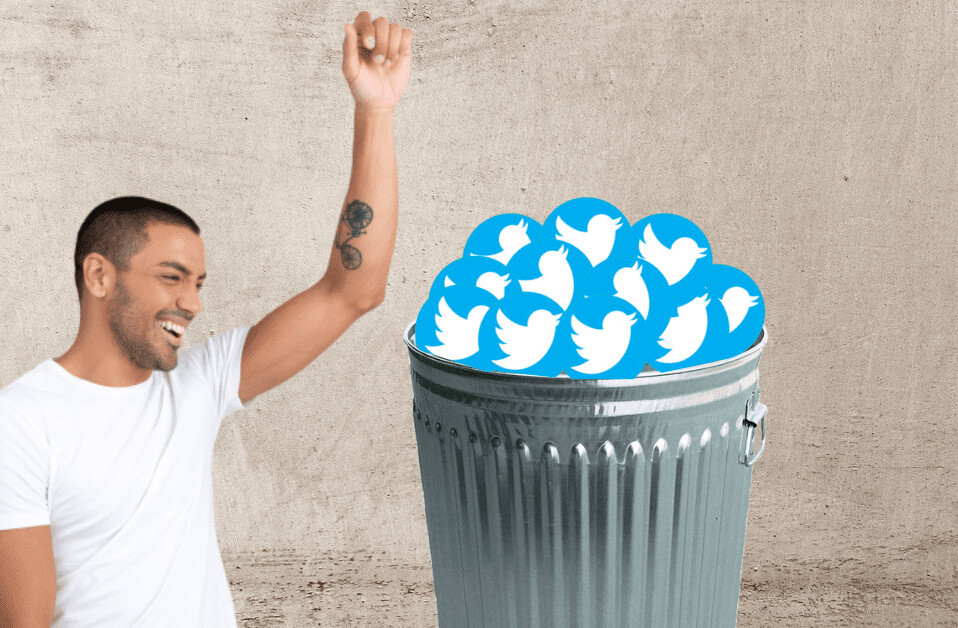
Bashing Twitter has become easy.
It’s making fabulously unpopular moves by restricting what developers can do with its data and application programming interface. It’s pushing your favorite third-party clients out and replacing them with its own apps, which are unfortunately inferior in a lot of ways. And it’s communicating these changes in business-plan jargon, rather than speaking plainly.
Twitter is making what many of us feel to be mistakes with its beloved service. A service with a legacy of robust developer support and user-created community.
But Twitter is not evil. It is not out to get you and it is not making the recent changes it has made to its service out of spite. Twitter is trying to find a way to evolve the company from a single feature into a suite of products that it can use to make money.
Sometimes the truth of this can get buried under the dust clouds of controversy and outrage. Some of which I may have contributed to myself. I’m not saying that outrage is unwarranted. Twitter made its choices knowing full well what it would be bringing upon itself.
Still, it has to make hard choices.
Running Twitter isn’t cheap, and it will need to make real money sooner or later in order to continue doing so. It has chosen to make that money using advertising, and that’s what it’s attempting to facilitate. Sure, it could have gone several other directions in order to make money, but this is the choice that it has made, and it is now executing on that plan, and hard.
There has been internal strife at the highest levels about this direction, that much I know, and I’m also aware that there are engineers within the company that feel uncomfortable with how the policy changes have affected a once-robust development community.
But its bed has been made and it’s moving forward. There’s no sense crying over spilled milk.
And I’m not exactly sure that this will be a terrible thing for the service as a whole. Frankly, I’m unconvinced that the vast majority of the hundreds of millions of users of Twitter will ever be aware that there has been a change. Most people use the official apps, which aren’t very good at the moment (but there are very good engineers working a Twitter, so perhaps that will change). And most people will be happy with the media-rich future that the service has in store.
Expandable tweets with images and video — or other content — are more conducive to advertising, which is why Cards exist. But a more media-rich Twitter could be a cool thing too. Maybe not for those of us who love the raw feed of information, but for a lot of people.
Unfortunately, this environment, where Twitter needs to control the way that Tweets are displayed (and the way that advertising is displayed) is not friendly to developers, period.
I wish that Twitter had found a way to do both, to encourage Twitter developers to integrate Cards into their clients or to display advertising. But that’s not to be. Being honest about the fact that it’s not a friendly platform to many developers isn’t being harsh, it’s being honest.
There are a subset of companies using Twitter data to do interesting things that Twitter approves of, for them it’s fine. But most developers using the Twitter API need to carefully read the rules and evaluate whether what they’re building violates them, because Twitter is not kidding when it says it’s going to enforce them.
Why has so much been written about Twitter and its motivations? Because people love Twitter, including me. It’s a lifeline, a news service, a water cooler, a way to experience the second-by-second events of the day through a firehose of pure information.
It’s a lot of things to a lot of people and that’s why we’re so passionate about it. Twitter’s creators hit on a need that we didn’t know we had, for a real-time version of the web.
Now, it’s changing into something else, but there’s no way of knowing yet if that will be good or bad. It’s still in flux.
It’s possible that it could lose the facets of itself that make it important or special to you, which is why I still believe we need alternatives. But it’s also possible that it may not.
The truth about Twitter is that we care because we love it, and we don’t want to see it destroyed. Now, the only recourse is to move on to another service, or to hope that there are enough people at Twitter that feel the same.
Get the TNW newsletter
Get the most important tech news in your inbox each week.




